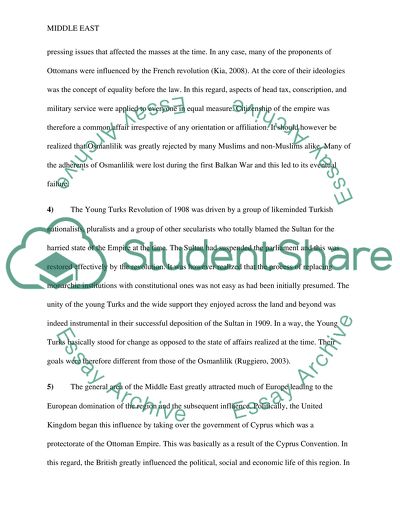Cite this document
(“Contemporary Middle East Discussion Questions (1 source each, approx Essay”, n.d.)
Contemporary Middle East Discussion Questions (1 source each, approx Essay. Retrieved from https://studentshare.org/history/1467606-contemporary-middle-east-discussion-questions
Contemporary Middle East Discussion Questions (1 source each, approx Essay. Retrieved from https://studentshare.org/history/1467606-contemporary-middle-east-discussion-questions
(Contemporary Middle East Discussion Questions (1 Source Each, Approx Essay)
Contemporary Middle East Discussion Questions (1 Source Each, Approx Essay. https://studentshare.org/history/1467606-contemporary-middle-east-discussion-questions.
Contemporary Middle East Discussion Questions (1 Source Each, Approx Essay. https://studentshare.org/history/1467606-contemporary-middle-east-discussion-questions.
“Contemporary Middle East Discussion Questions (1 Source Each, Approx Essay”, n.d. https://studentshare.org/history/1467606-contemporary-middle-east-discussion-questions.


